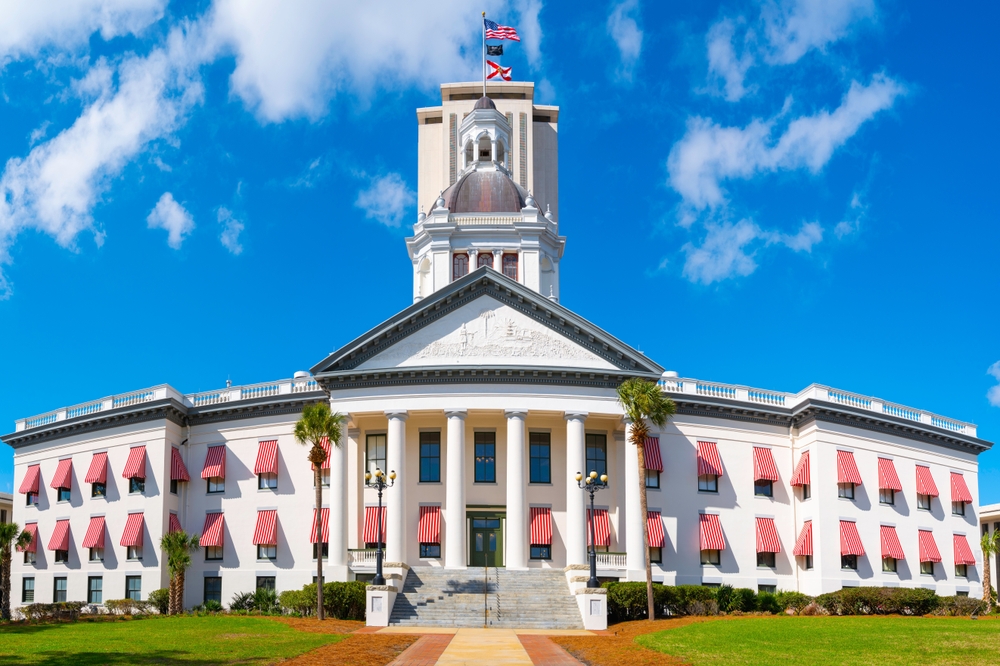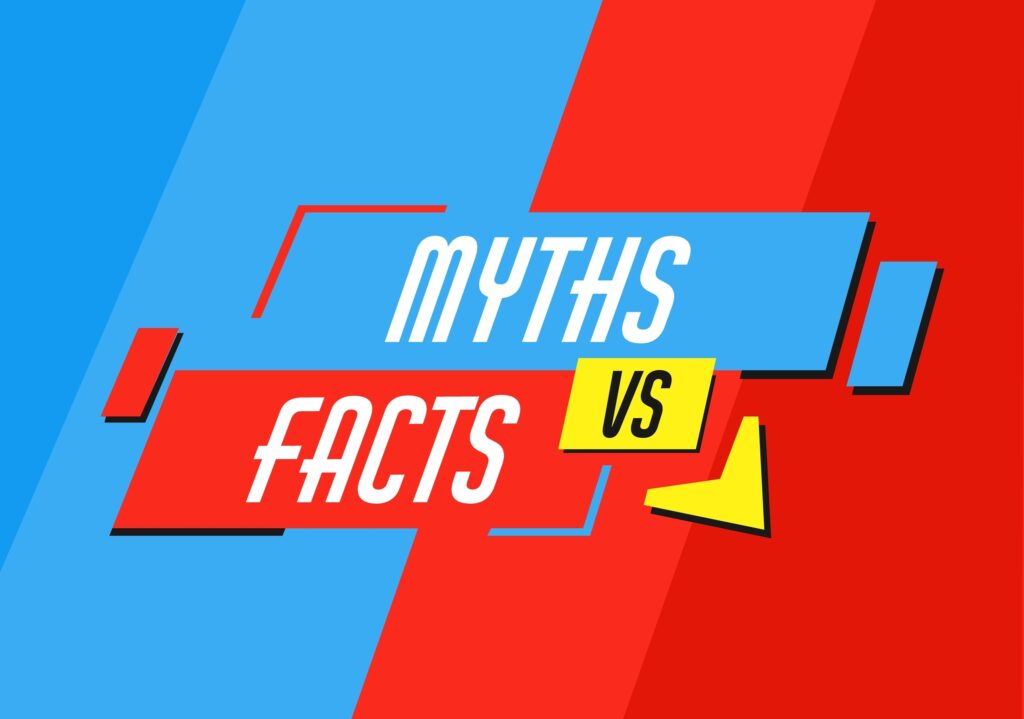Expanding Education Freedom Options for Florida Parents

ALEC Action, the 501c4 sister organization of the American Legislative Exchange Council (ALEC), supports maximizing parental empowerment through education freedom. Parents and students benefit when given the option to select a public school, private school, charter school, home school, or virtual school that best fits their unique needs and learning styles.
Florida’s Family Empowerment Scholarship for Educational Options (FES-EO) program, which was expanded last year by the legislature to include all students in the state (HB 1, 2023), is a leading model in education freedom. Thanks to this expansion, Florida now operates the largest program in the country with nearly 3,250,000 students eligible to participate across the state. This was just one of the reasons that Florida earned the #1 ranking among the states in ALEC’s 2023 Index of State Education Freedom.
ALEC Action fully supports the legislature’s universal expansion of the FES-EO program. However, we wish to bring attention to the unintentional exclusion of nonpublic virtual schools as eligible “private schools” within the meaning of the law. The current definitions of a “private school” contained in §1002.01(2) and “eligible private school” in §1002.395(2)(i) do not make it clear that nonpublic virtual schools are able to participate.
In addition, §1002.421(1)(i) appears to unintentionally disqualify virtual education providers by requiring that participating private schools “maintain a physical location in the state at which each student has regular and direct contact with teachers.” Virtual schools, by their very nature, are unable to meet this requirement. As a result, Florida students are unable to access the FES-EO program for use in a nonpublic virtual education setting.
A number of other states, including West Virginia, Arizona, Iowa, Arkansas, Utah, and Indiana, allow for virtual education within the context of their universal education freedom programs. ALEC’s model policy on education freedom accounts, titled The Hope Scholarship Act, also permits the participation of nonpublic virtual schools and explicitly states that no school is required “to alter its creed, practices, admission policy, hiring policy or curriculum in order to accept [students using the program].”
Virtual learning is a key component of education freedom alongside other options like charter schools, home schools, micro schools, and more. Families benefit when they have access to all forms of learning when selecting the best one for their student. We applaud Florida’s continued leadership as a national model for education freedom as lawmakers look for ways to expand access even further.

